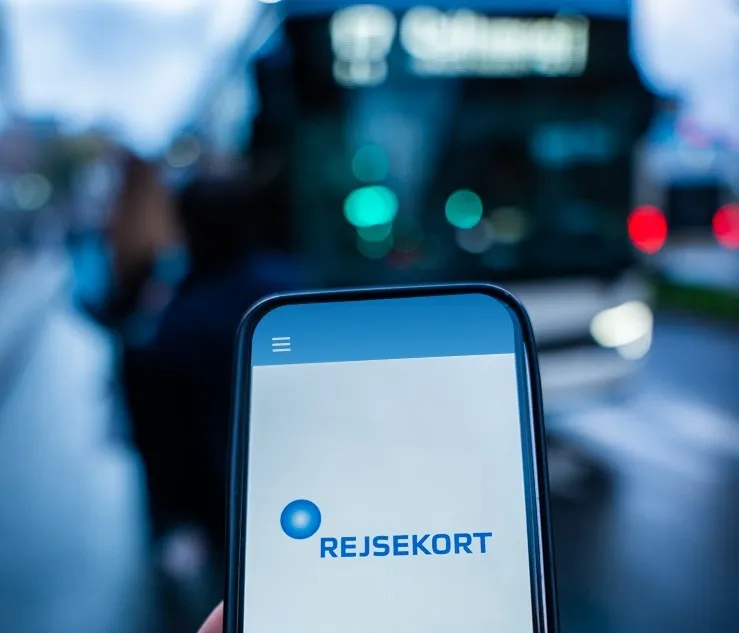
Hacon, a subsidiary of Siemens Mobility, says its Hafas NextGen app allows passengers to plan trips faster and easier, using preferred combinations of mobility options.
The app, which combines trip planning, ticket booking and real-time travel assistance, offers several preconfigured product suites that can be adapted to specific requirements.
It ranges from travel information to full Mobility as a Service and is enhanced with modules such as Live Navigation or Traveler Relation Management.
The Live Navigation supports travellers throughout their journey, reminds them to set off, change vehicles, get off in advance and suggests alternative routes if the timetable changes.
All functions are designed to be accessible to comply with the European Web Content Accessibility Guidelines (WCAG) 2.2 AA.










